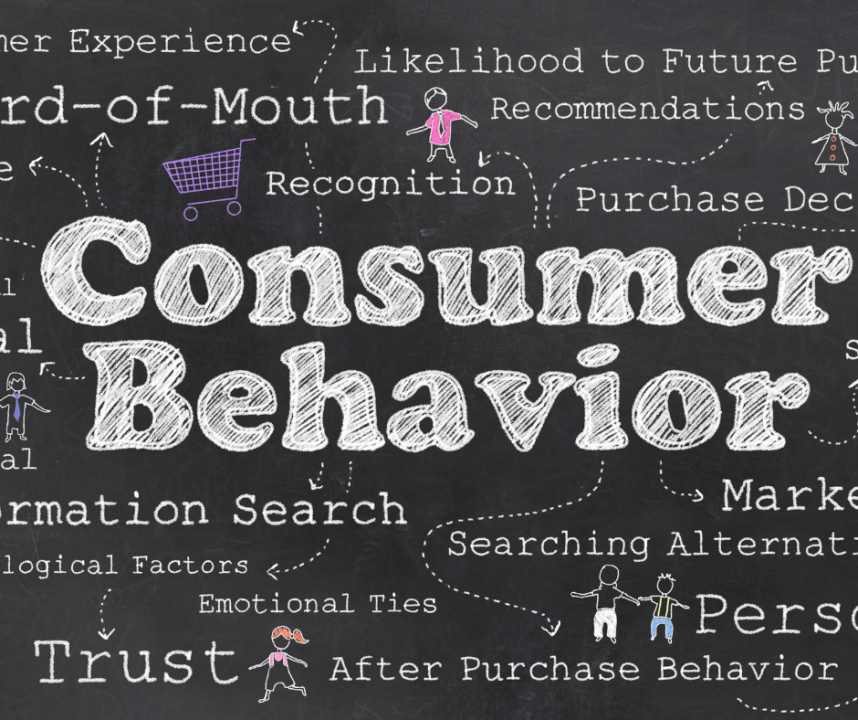Ever found yourself scrolling through an online store, adding items to your cart, and then poof closing the tab without buying a thing? You’re not alone. In fact, research shows that nearly 70% of online shopping carts are abandoned before checkout. But what makes us hesitate and why do we click ‘buy now’ when we do?
Understanding the psychology of online buying decisions is crucial for marketers, business owners, and anyone looking to boost their digital sales. It’s not just about price tags and product features; it’s about how consumers think, feel, and behave in the digital marketplace.
In this article, we’ll explore:
- The psychological factors influencing online buying decisions
- Real-world examples and case studies
- How to apply these insights to grow your brand or business
The Hidden Drivers of Online Buying Decisions
1. Cognitive Biases: The Mental Shortcuts That Shape Our Choices
Humans are wired to make quick decisions, often relying on mental shortcuts known as cognitive biases. In online shopping, biases like anchoring (relying heavily on the first piece of information), scarcity (perceiving items as more valuable when they’re limited), and social proof (trusting the opinions of others) play significant roles. For instance, displaying a product as “only 3 left in stock” can trigger urgency, leading to quicker purchases.
2. Emotional Triggers: The Power of Feelings in Buying
Emotions often drive online purchases more than logic. A study by Chen et al. (2022) found that consumers’ emotional responses to online reviews significantly influenced their purchasing decisions. Positive reviews can evoke feelings of trust and satisfaction, while negative reviews can create doubt and hesitation. Marketers can leverage this by crafting emotionally resonant messages and showcasing authentic customer testimonials.
3. The Role of Trust and Credibility
Trust is a cornerstone of online consumer behavior. Buyers look for indicators that reassure them about a brand’s credibility and reliability. These trust signals include secure payment options, clear return policies, and professional website design. A lack of trust can lead to cart abandonment and lost sales.
Brands That Get It Right
Amazon: Mastering Scarcity and Social Proof
Amazon effectively uses scarcity and social proof to drive sales. During events like Prime Day, countdown timers and messages like “Only X left in stock” create a sense of urgency. Additionally, displaying customer reviews and ratings provides social proof, influencing potential buyers’ decisions.
Codiant’s BEANIT App: Leveraging Instant Gratification
Codiant’s BEANIT app caters to coffee enthusiasts by offering instant delivery, tapping into the desire for immediate gratification. The app also incorporates free shipping and discounts, appealing to consumers’ psychological tendency to avoid losses, as per the concept of loss aversion.
Applying These Insights to Your Brand
1. Optimize Your Website for Trust
Ensure your website is professional, easy to navigate, and mobile-friendly. Include trust signals like SSL certificates, clear contact information, and transparent return policies. These elements can reassure visitors and encourage them to complete their purchases.
2. Use Scarcity and Social Proof Ethically
While scarcity and social proof can drive sales, it’s essential to use them ethically. Avoid misleading messages about product availability or fake reviews. Instead, focus on genuine customer testimonials and real-time purchase notifications to build trust and urgency.
3. Appeal to Emotions
Craft marketing messages that resonate emotionally with your audience. Share stories of how your product or service has positively impacted customers’ lives. Emotional connections can lead to stronger customer loyalty and increased sales.
Understanding the ‘Why’ Behind the Click
The psychology of online buying decisions is complex and multifaceted. By understanding the cognitive biases, emotional triggers, and trust factors that influence consumer behavior, you can create more effective marketing strategies. Whether you’re a marketer, business owner, or digital strategist, applying these insights can help you connect with your audience and drive sales.
If you’re looking to enhance your online presence and boost conversions, consider partnering with a digital marketing expert who understands the intricacies of consumer psychology. Together, we can craft strategies that resonate with your audience and achieve your business goals.

